House's legislation passage has no real impact in substantive terms: Observers
The U.S. House's unanimous passage of a bill to remove China's "developing country" label seeks to undercut China's development, observers say.
"The U.S. House of Representatives' passage of legislation to deprive China of its 'developing country' status in international institutions is solely aimed at undercutting a nation that the U.S. views as its major 'competitor'," William Jones, the Washington bureau chief of publication Executive Intelligence Review, told China Daily.
The U.S. House passed the PRC Is Not a Developing Country Act with a 415-0 vote on Monday. The bill is directed to push the secretary of state to have the "developing country" label of the People's Republic of China revoked in international organizations.
"Some people would argue, as lawmakers are doing, that China should not be regarded as a 'developing country' because of its large GDP and the rapid development in places like Shenzhen and Shanghai," Jones said. "Through great efforts, China has eliminated absolute poverty, but its individual GDP is one-fifth that of the United States, and keeping people out of poverty will still require major efforts by the central government until the Chinese economy advances to a point where individual income is secure and at a level that can be comparable to that of other developed countries."
Sourabh Gupta, a senior fellow at the Institute for China-America Studies, told China Daily that U.S. domestic politics on this issue is "mostly irrelevant".
"It doesn't really matter what the U.S. government or what the House says because the U.S. doesn't provide any aid or preferences to China economically on the basis of this label, whether it's a developing country or a developed country," said Gupta, adding that whatever from China to the U.S. market is treaty-based. "So, whatever the House does at this level is immaterial. It has no real impact in terms substantively."
However, at the global level and the international organizational level, Gupta said each of the international organizations has "their own or a little different definition "of what a developing country is.
"And the one which does have hard numbers behind it is typically the World Bank, which has various categories. And at about $30,000 per capita, they start clubbing you within the advanced economies or the developed countries."
Gupta mentioned that starting from around 2005, the U.S. has been saying that China and India need to be re-categorized as advanced developing countries or something beyond that.
"Even when China was kind of a $2,000 per capita economy, they wanted to reclassify China. So the U.S. doesn't have any good intentions out here," he said.
'Bad intentions'
"The whole thing is to have kind of basically bad intentions. The point is that if China is classified as a developed country, then China has to accept certain burdens, say at the climate change negotiations or in international trade negotiations, it can't classify as developing. And so it needs to take added commitments. That is the main thing."
Jones pointed out that trying to restrict China's development by depriving it of its rights as a developing country is not only a blow to the Chinese population, but also to the entire developing world, which has benefited from China's outreach in the Belt and Road Initiative.
"Of course, the U.S. Congress has never cared a great deal about the suffering poor in other countries indeed, nor of the suffering poor in their own country," he said.
Jones also said "more and more countries will rally around the alternative structures of governance now available to them", whether it be BRICS, the Shanghai Cooperation Organization or the Global Development Initiative, as the ongoing banking crisis in Western institutions continues to unravel.
"For the sake of the U.S. population still suffering under the 'benign neglect' shown them by the U.S. Congress, it is hoped that more attention will be paid to the general welfare of the common people of the United States than to the overblown pretensions of a political elite that has lost its moorings," Jones said.














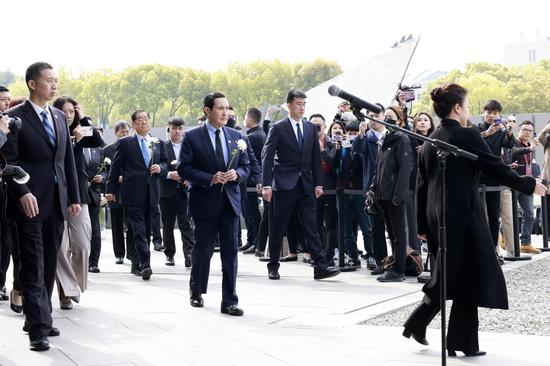
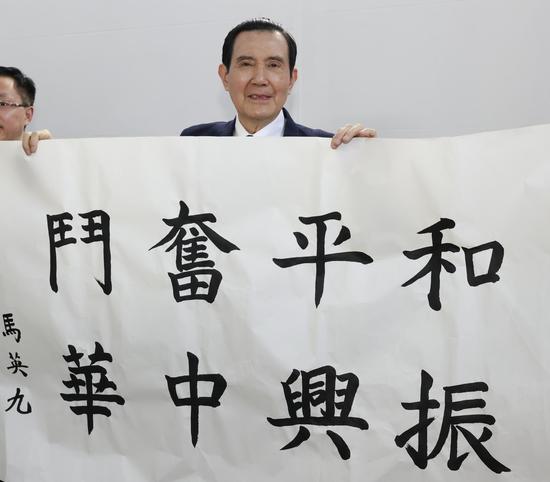



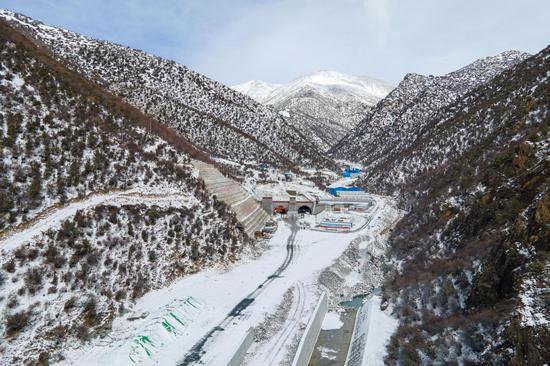

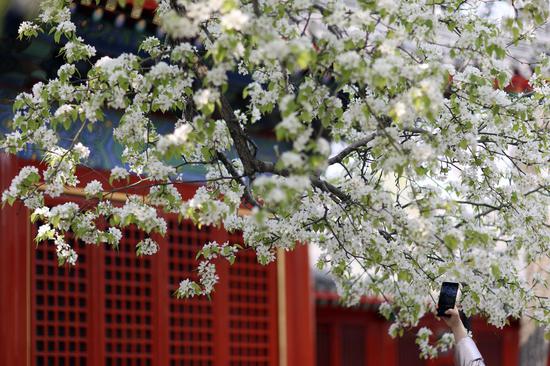
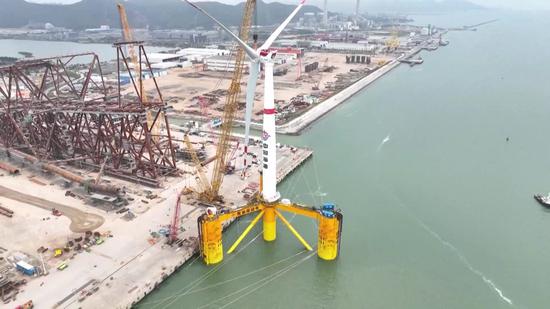





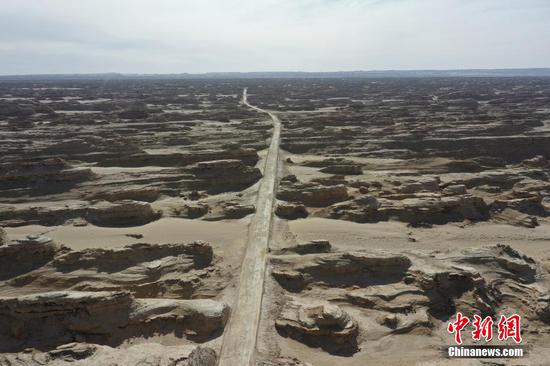








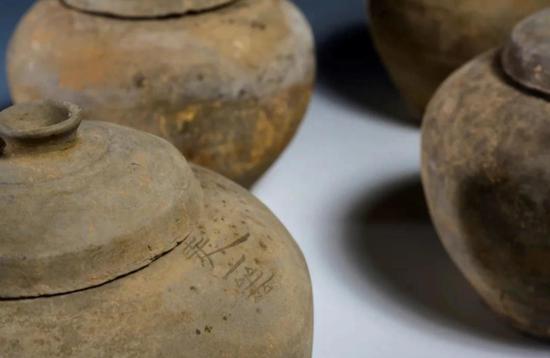












 京公网安备 11010202009201号
京公网安备 11010202009201号